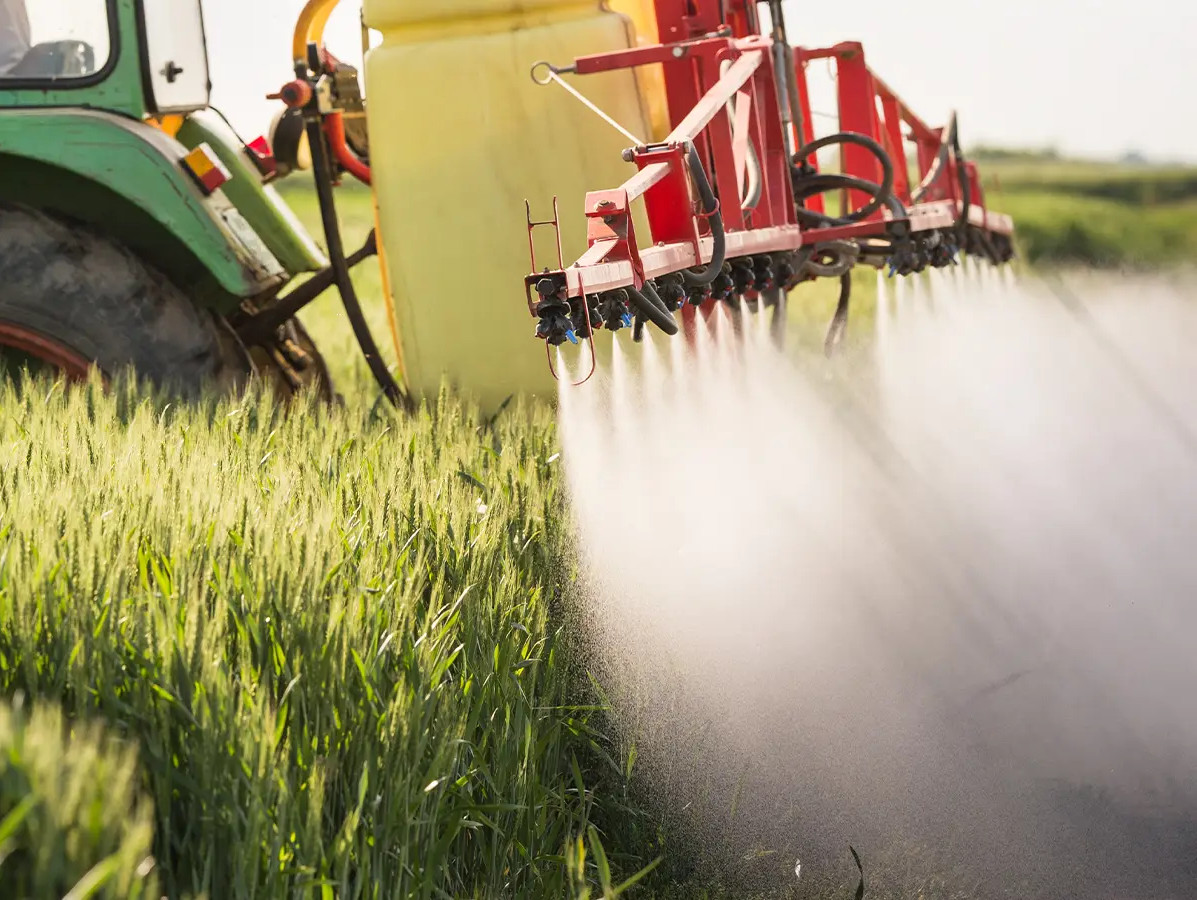
In 2023, 99% of randomly tested food samples met European pesticide regulations. A total of 13,246 samples were analysed, taken from twelve commonly consumed products including carrots, cauliflowers, kiwis, onions, pears, potatoes, rice, dried beans, and bovine and poultry fat. These products are tested every three years as part of the EU-coordinated control program (EU MACP), which monitors trends over time.
70% of the samples contained no quantifiable residues, while 28% were within legal limits. In 2% of cases, the maximum residue level was exceeded. After accounting for measurement uncertainty, 1% was found to be non-compliant. These results are in line with those from 2020, when 99.1% of the samples were also compliant.
In addition to random sampling, 132,793 samples were analysed in 2023 under the Multiannual National Control Program (MANCP), which focuses on risk-based sampling. Of these, 98% complied with EU legislation. 58% contained no quantifiable residues, while 38.3% fell within the limits. In 3.7% of cases, the maximum residue level was exceeded; 2% were considered non-compliant after accounting for measurement uncertainty.
The results were used to carry out a dietary risk assessment. According to EFSA, the likelihood of consumers being exposed to residue levels above the safety threshold is low. The authority recommends that Member States further investigate pesticide and crop combinations linked to non-compliances, and continue broad-spectrum testing of imported products.
Source: EFSA